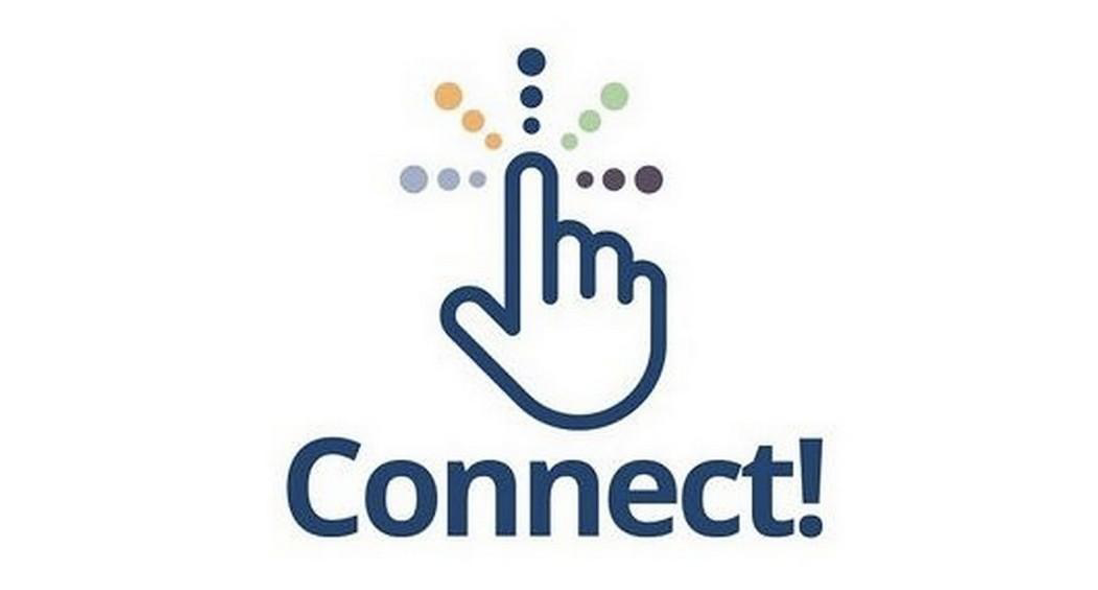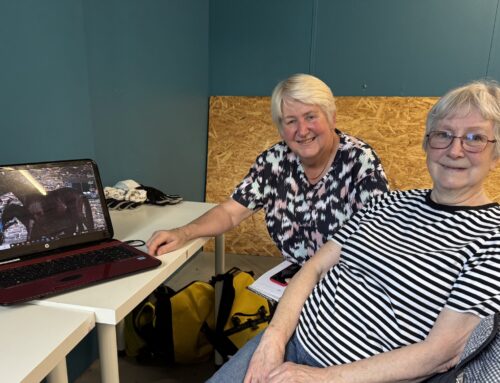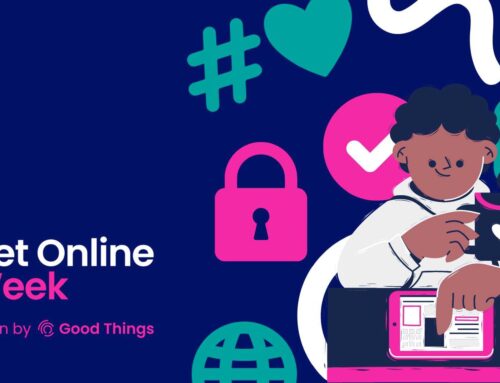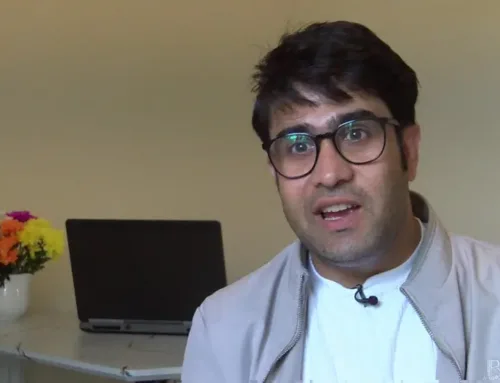Jerry and Muriel have been married for over 50 years. They are both pensioners who live in a small bungalow in a remote village. Jerry has limited mobility and needs a walker to get around. Muriel is disabled and has trouble speaking after a stroke left her partially paralysed two years ago. They have no internet access and no family or friends nearby to help them.
Jerry and Muriel have always managed to get by on their modest income. However, things took a turn for the worse when Muriel went into a home for a short time for respite care, while Jerry himself was in hospital. They started receiving invoices for the respite care. Jerry, who handles the finances, felt obliged to pay them, even though he didn’t fully understand what they were for. He was afraid of getting into trouble or losing their home. He didn’t tell Muriel, who was already stressed enough by her health condition.
Soon, Jerry and Muriel found themselves in a desperate situation. They had no money left for food, bills, or medicine. They had to rely on the Food Bank for essential food. One day, Jerry made the difficult journey to the Food Bank on a bus, hoping to get some groceries for the week. At the Food Bank, he met a friendly Community Hub worker from Citizens Advice, who noticed his distress and offered to chat. Jerry opened up to him and explained his predicament. The Community Hub worker was shocked and concerned by what he heard. He immediately referred Jerry to the main Advice Service, who arranged a telephone appointment with an Adviser.
The Adviser tried to help Jerry over the phone, but it was not easy. Jerry was confused and overwhelmed by the invoices, which had different reference numbers, dates, and amounts. He couldn’t make sense of them or find the relevant information. He also couldn’t go to a Citizens Advice office in person, because he and Muriel had no transport and couldn’t afford a taxi.
The Adviser realised that Jerry needed more support and contacted the Connect! Manager, who found a Connect! Volunteer who could visit Jerry and Muriel at home. The Volunteer, Paul, brought a laptop and created a wifi hotspot, so that Jerry could have a video meeting with his Adviser. Paul also took pictures of Jerry’s documents and sent them to the Adviser, who was able to examine them more closely.
The Adviser discovered that the invoices were being sent erroneously. He contacted the care provider and challenged the invoices, demanding a refund and an apology. He also helped Jerry and Muriel apply for benefits and grants that they were entitled to, but had not claimed.
It took two more visits by Paul to Jerry and Muriel, to sort out the issue. But in the end, Jerry and Muriel received a full reimbursement, a letter of apology, and a voucher for £250 to spend as they wished. They were hugely relieved, and thanked Paul and the Adviser for their kindness and professionalism. Jerry said they felt like they had been given a new lease of life.
(Clients’ names and location have been changed for anonymity)
Share This Story, Choose Your Platform!
Quick Navigation






